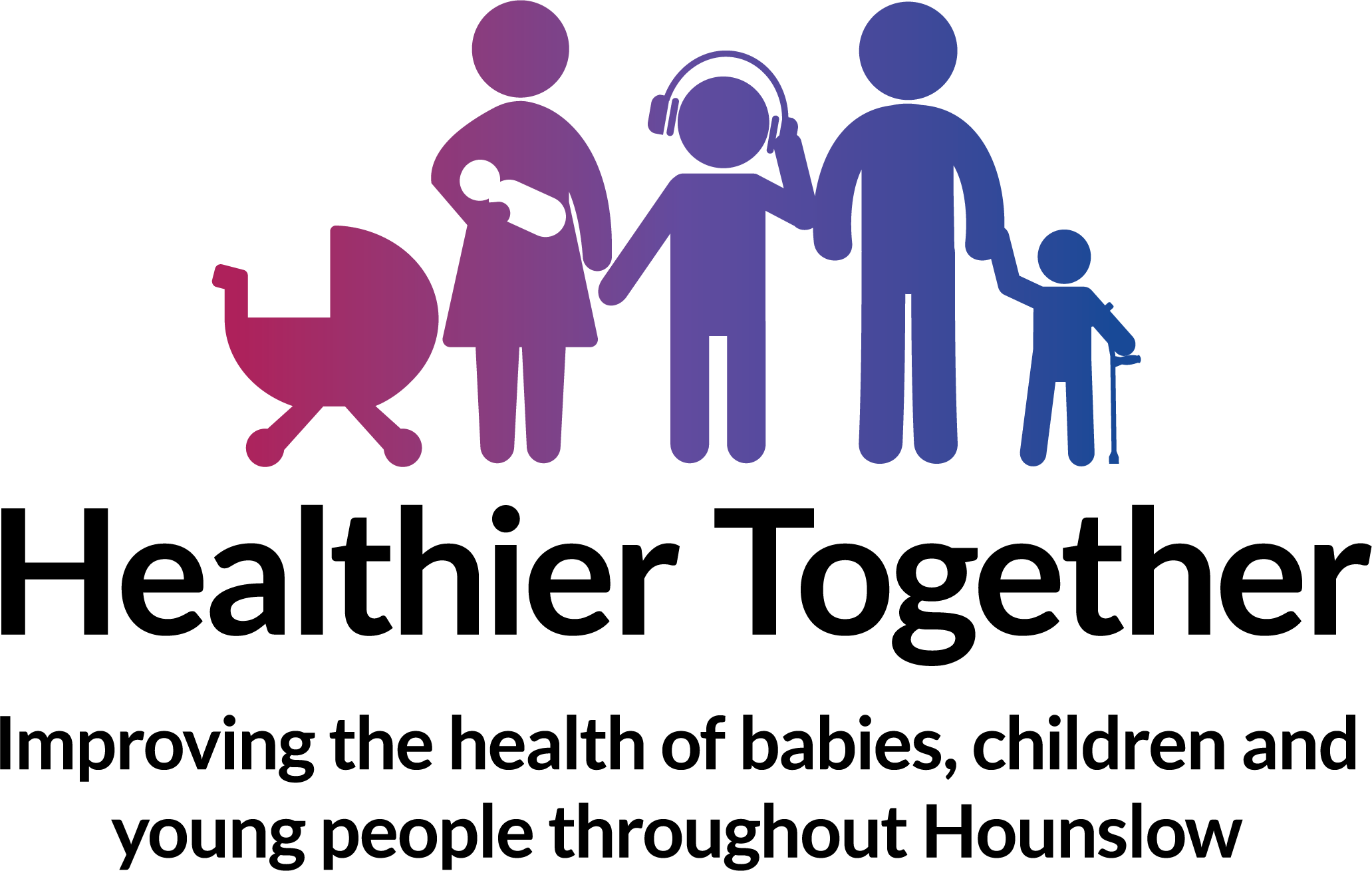Autism
What is Autism?
Having autism means that the person has a different way of understanding other people and the world around them. Autism is a lifelong developmental disorder, not an illness or a disease so there is no ‘cure’ but there are many ways that difficulties can be managed.
This video from the National Autistic Society gives more information:
Here are some of the things you might see, in various combinations and from mild to severe, in people who have autism:
Difficulties with communication
- Taking what people say literally (thinking people mean exactly what they say)
- Not understanding jokes or sarcasm
- Preferring facts and logic
- Finding it hard to understand facial expressions, tone of voice and gestures.
- Only feeling comfortable when talking about topics they are interested in
- Repetitive in what they say
Difficulties with imagination
- People with autism can struggle with make believe play or storytelling
- It can also be hard to imagine what other people might be thinking or feeling
Special interests
- Having special interests that they invest their time and energy into
- Becoming very knowledgeable about a specific topic and spending a lot of time involved in the topic
The Hounslow Local Offer is a way of giving children and young people with special educational needs and/or disabilities (SEND) and their parents or carers information about what activities and support are available in the area where they live.
The Council for Disabled Children (CDC) have produced a video which provides information about what a Local Offer is.
The Local Offer contains a wide range of information and services to support children and young people with special educational needs or disabilities. These include services provided by the Local Authority and the health service, as well as services provided by the voluntary and private sectors (e.g. charities and disability groups, nurseries, youth clubs, leisure activities etc.).
Information is available for young adults, to help you make informed choices about things that are important to you such as where to live; transport; social activities, work and training; and becoming an adult.
Difficulties with socialising and interacting with other people
- Not wanting to make eye contact
- Feeling awkward and not knowing what to say or do in social situations
- Difficulties making and keeping friends and romantic relationships
- Preferring to be alone and only doing activities they feel comfortable to do
- Finding it hard to take turns when playing games
- Not liking to be touched or comforted by other people
- Difficulty with seeing things from other people’s point of view
Sensory differences
- People with autism may be overly sensitive to sounds, smells, touch, pain or light, finding these things uncomfortable, frightening or painful. Some people do not appear sensitive to these things at all
Routines
- People with autism can find change and transition (going from one thing to another) hard, so they prefer familiar and strict routines
- Often people can feel worried and stressed by everyday activities such as going to school, meeting people and trying new things
- Difficulties with social communication and interaction and the differences in their interests, strengths and talents can make them feel left out and misunderstood by other people, which can lead to problems with low mood and low self- esteem
HELPFUL ADVICE
As everyday life activities can be challenging and cause stress and anxiety, some people find it helpful to learn ways of managing their anxiety. Check the help section on our website for Anxiety and Depression for helpful information, websites and apps.
If you have a diagnosis of autism or you are waiting for an assessment to see whether you have autism, it can be helpful for you and the people who support you to use the techniques and strategies known to help people with autism manage the difficulties they are experiencing.
Coping with autism in school - Talia Grant
“So often at school autistic people feel left out, alone and just very isolated” - watch this video of Talia Grant from Hollyoaks talking about being autistic.


